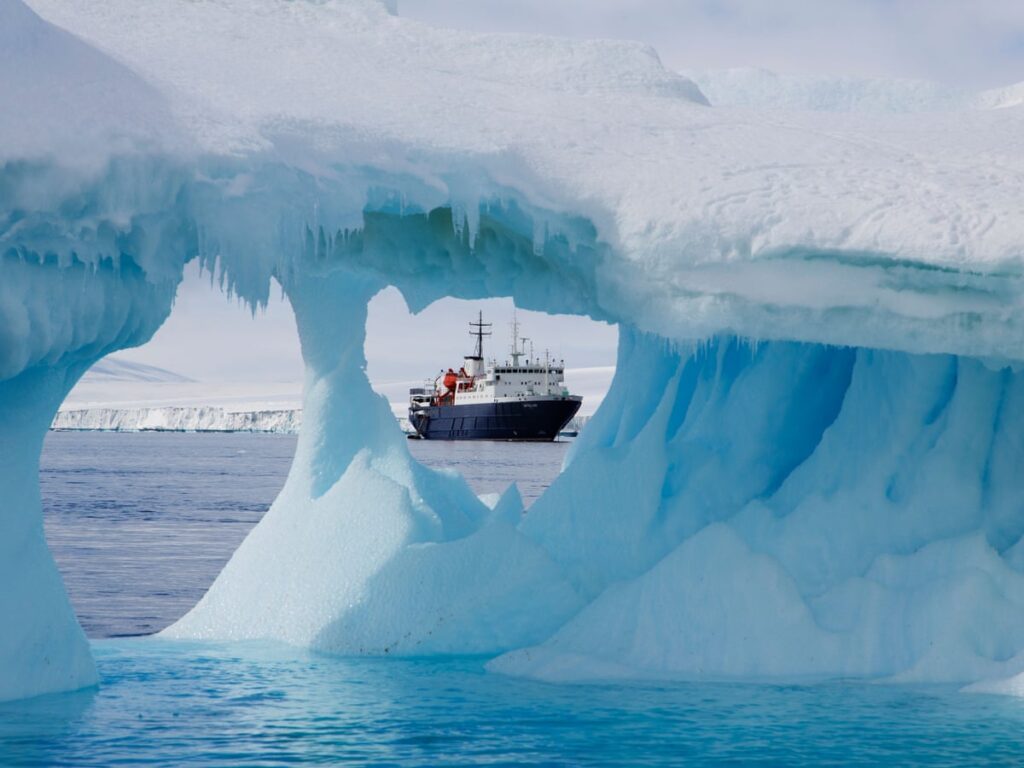Scientists are eager to know how the climate of the Earth has changed over the past million years and to discover the oldest ice in Antarctica. The State University of Oregon will head a National Science–funded Centre to search for the World’s oldest Ice. COLDEX or the Center for Oldest Ice Investigation will be made under a five-year, $25 million Science and Technology grant reported on September 10, 2021. The National Science Foundation announced 6 new science and technology centres and COLDEX is one amongst them.
Antarctica is the fifth-largest continent in the world at the southernmost point covered by a vast ice sheet. The size of Antarctica is about 5.5 million square miles (14.2 million square km) and 98 percent of its land is covered with thick ice. It is also the world’s iciest, driest, windiest, and highest continent. The ice sheet on the continent contains approximately 7 million cubic miles of ice, which accounts for about 80 percent of fresh water and 90 percent of ice.

Antarctica was always an icy forest up to 23 million years ago and for the last 15 million years, it has been under a thick ice sheet. Scientists are on an ambitious mission to drill into Antarctica’s ice sheet concerning bringing out the oldest ice on Earth, which will help in knowing the mystifying switch in climate behaviour. An international team of researchers is in search of ice that is 1.5 million years old and is ready to dig more than 2700 metres below the surface. The expedition to find the oldest ice is a conjoint effort that includes UC San Diego; the University of Washington; UC Irvine; University of Minnesota, Duluth; University of California, Berkeley; Dartmouth College; Amherst College; the University of Kansas; University of Maine; Princeton University; University of Minnesota, Twin Cities; University of Texas; and Brown University.
Ed Brook, who is the principal investigator for COLDEX, mentioned “The attributes of the environmental framework were diverse in the period between 800,000 years prior and 1.5 million years prior. Oregon State University has a growing Polar Science program, and that’s why it is well accomplished to lead COLDEX.“
Harshita Sinha

